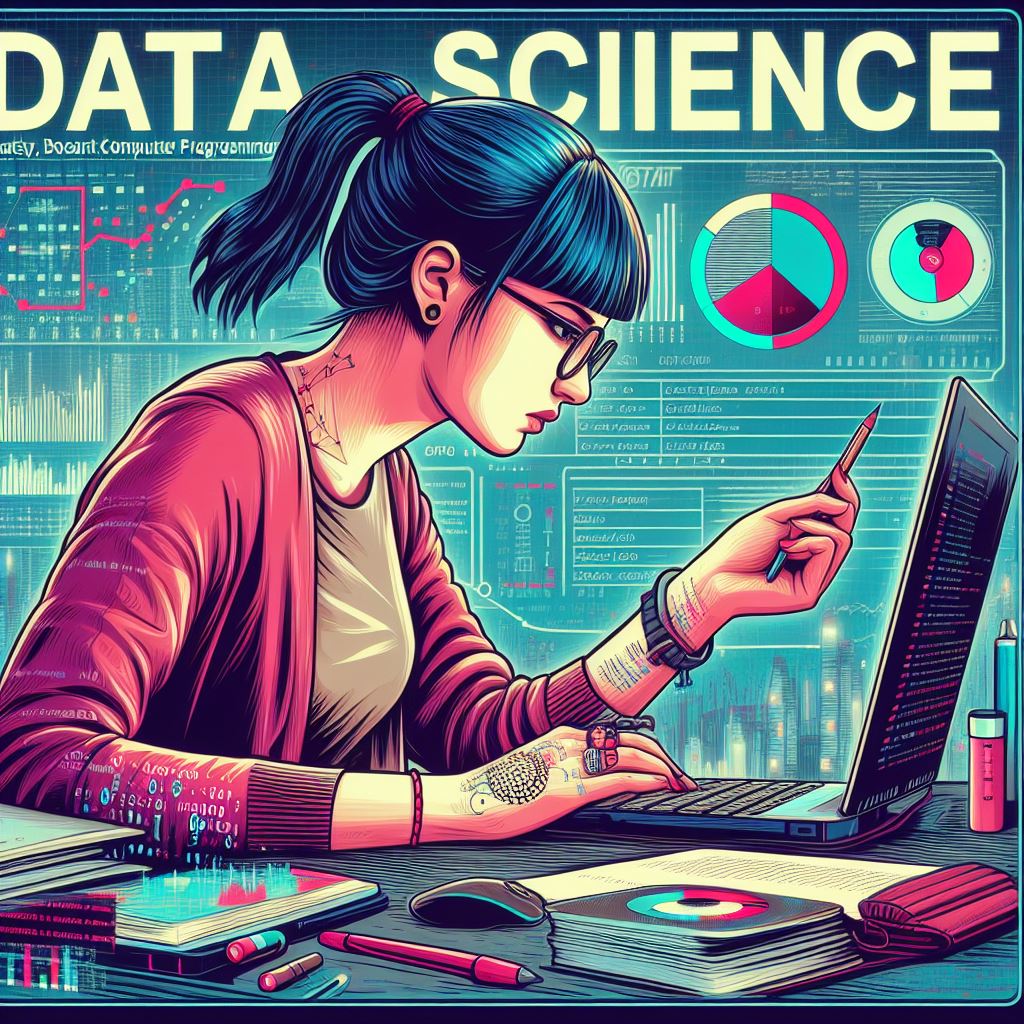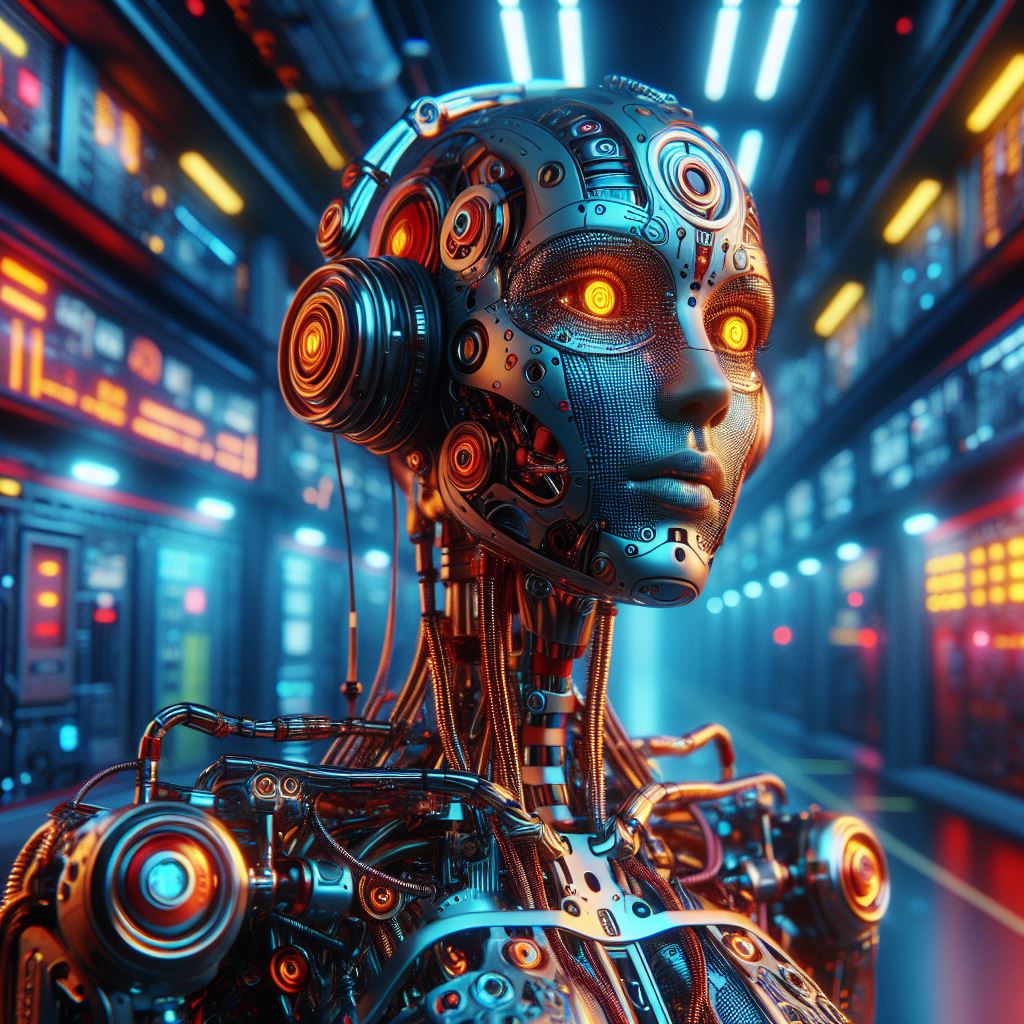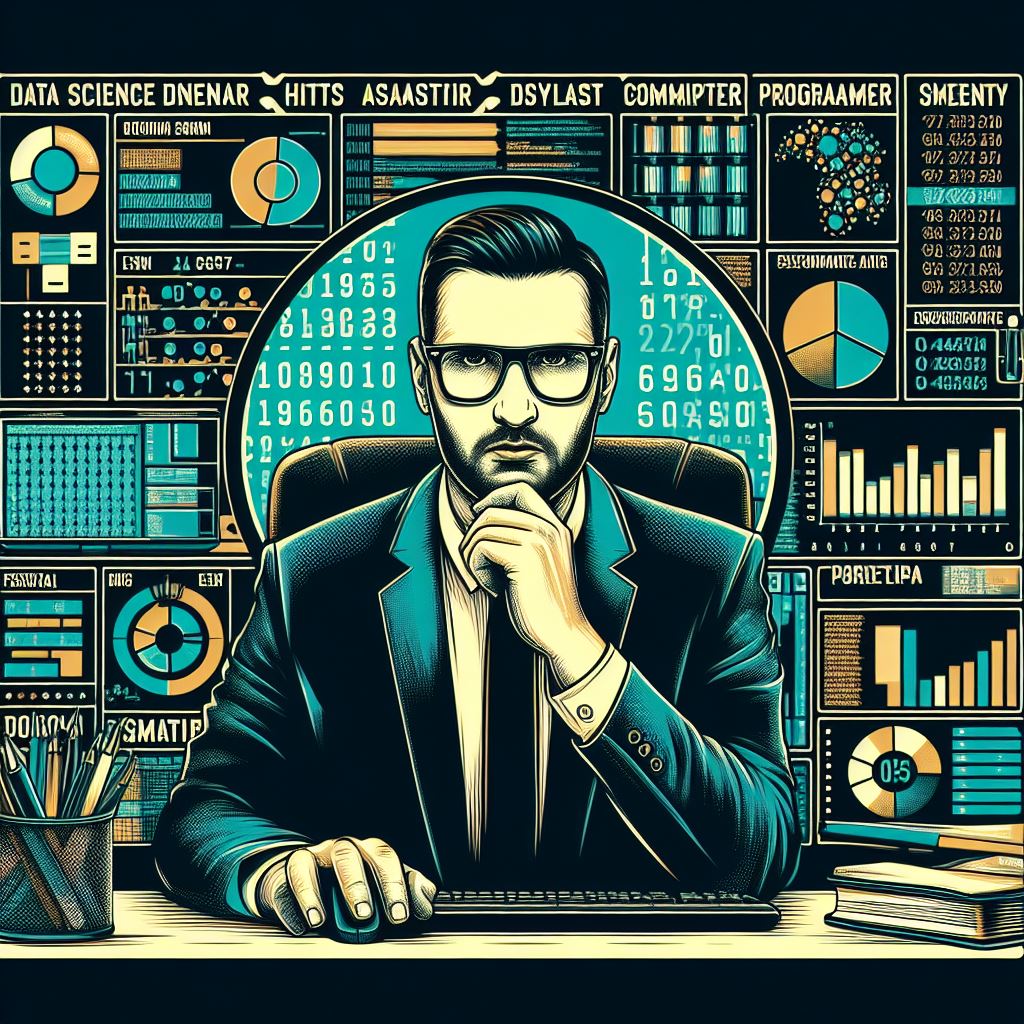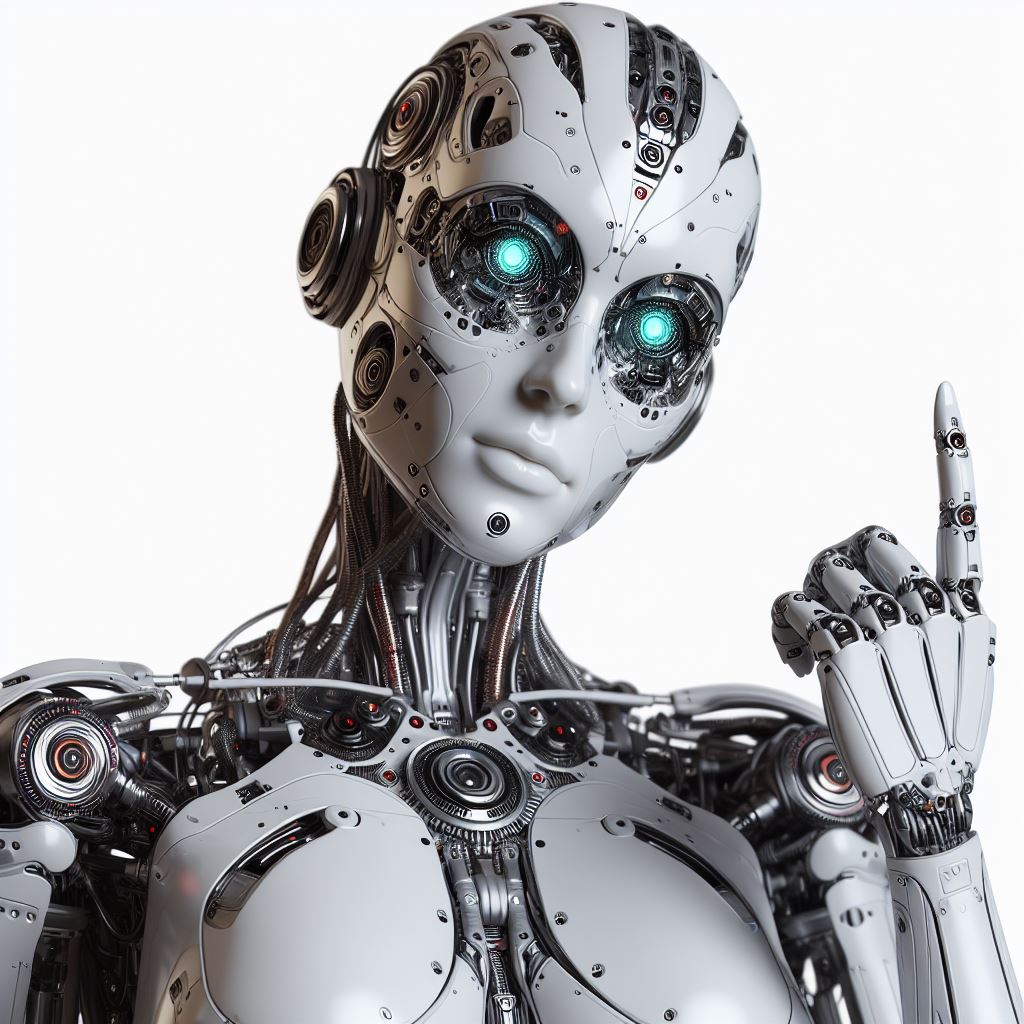Machine learning (ML) is rapidly evolving, and by 2025, it is expected to bring significant advancements that will reshape industries across the globe. As businesses continue to integrate ML into their operations, the technology is poised to deliver smarter solutions, automate complex processes, and enhance decision-making capabilities. In this article, we will explore the future of ML in 2025, examining the key trends, potential breakthroughs, and industries that will benefit the most from this transformative technology.
The Rise of Autonomous Systems
One of the most exciting prospects for machine learning in 2025 is the development of fully autonomous systems. From self-driving cars to drones and robotic process automation (RPA), ML will be at the core of making machines smarter and more capable of performing tasks without human intervention. Advances in reinforcement learning and deep learning will enable machines to learn from their environment and make real-time decisions, paving the way for new levels of efficiency and safety.
AI and ML Integration in Healthcare
Healthcare is one of the industries that will see the most profound changes due to machine learning. By 2025, AI-powered systems will assist doctors in diagnosing diseases with unprecedented accuracy, and ML algorithms will analyze vast amounts of medical data to discover new treatment options. ML will also enable personalized medicine, where treatments are tailored to individual genetic profiles, improving patient outcomes and reducing costs. Predictive analytics will help hospitals optimize resources, predict patient admissions, and identify health risks before they become critical.
Smart Manufacturing and Industry 4.0
Machine learning will play a critical role in advancing the concept of Industry 4.0, the fourth industrial revolution. By 2025, smart factories will rely heavily on ML algorithms to optimize production processes, reduce waste, and ensure the highest quality standards. Predictive maintenance will allow machines to detect potential issues before they cause downtime, while AI-driven automation will streamline workflows, increasing productivity and minimizing errors. ML will also enable real-time supply chain optimization, reducing costs and improving overall operational efficiency.
Natural Language Processing (NLP) and Human-Machine Interaction
Natural language processing (NLP) is another area where ML will make significant strides by 2025. NLP algorithms will continue to improve in understanding and generating human language, allowing machines to interact with people more naturally and intuitively. Voice assistants, chatbots, and virtual agents will become more sophisticated, providing a seamless experience for users. In customer service, NLP-powered bots will handle complex queries and provide personalized solutions, significantly improving customer satisfaction.
Ethics and Responsible AI
As ML becomes more integrated into everyday life, questions around ethics and responsible AI will take center stage. By 2025, there will be increased focus on creating transparent, fair, and accountable ML systems. Governments, businesses, and research institutions will work together to establish ethical guidelines and regulations that ensure ML technologies are developed and deployed in ways that are beneficial to society. Addressing biases in data and algorithms, ensuring privacy protection, and maintaining human oversight will be critical components of this effort.
Conclusion
The future of machine learning in 2025 is promising, with transformative changes on the horizon for industries such as healthcare, manufacturing, and customer service. As ML continues to advance, we can expect smarter systems that enhance productivity, improve decision-making, and automate complex tasks. However, these advancements must be balanced with ethical considerations to ensure the responsible deployment of AI technologies. As we move toward 2025, machine learning will undoubtedly play a pivotal role in shaping the future of our world.



